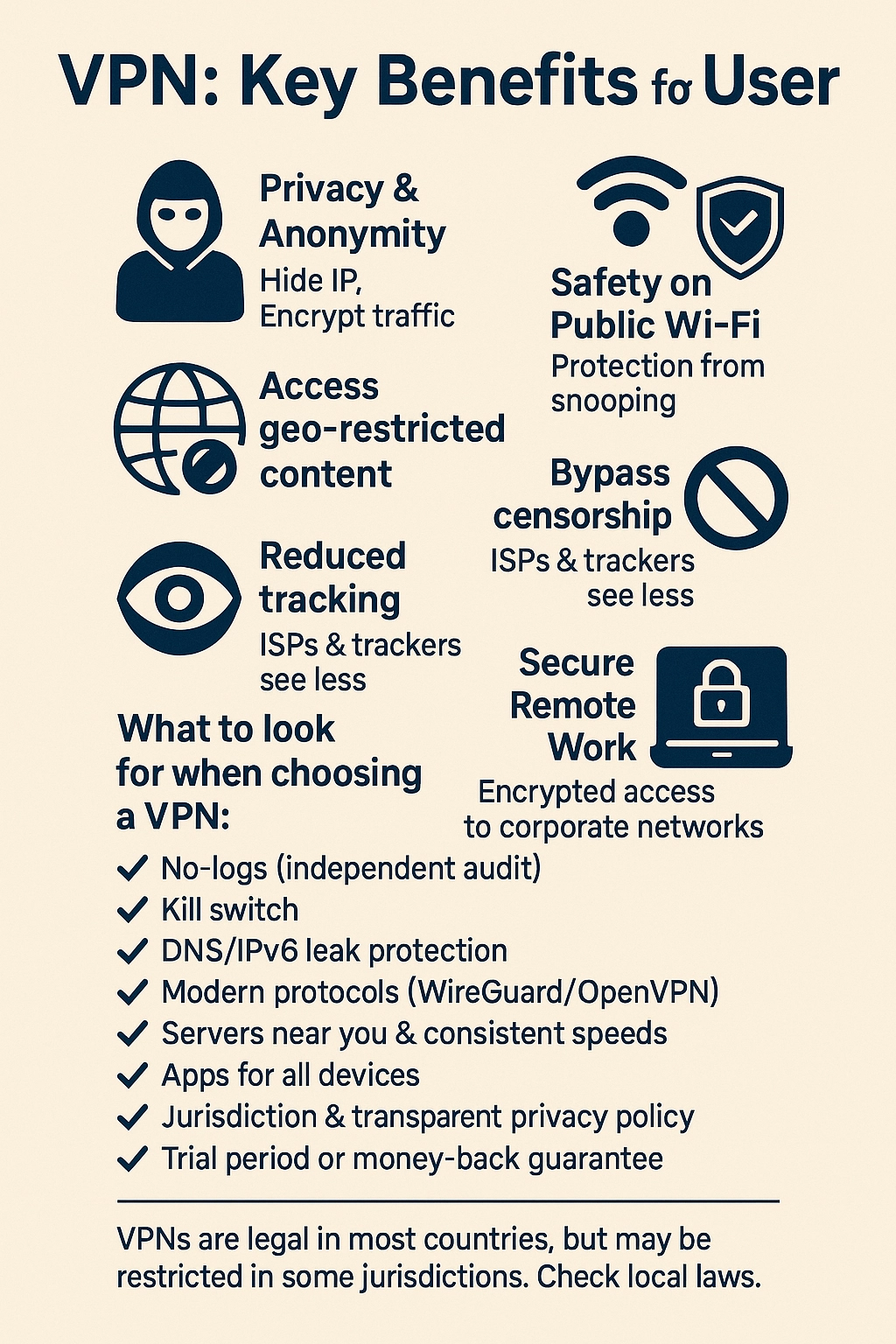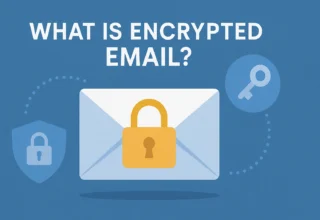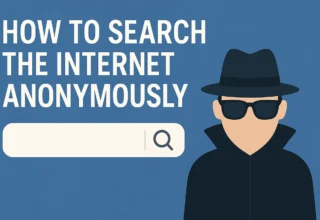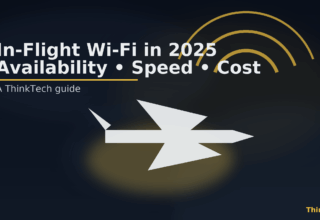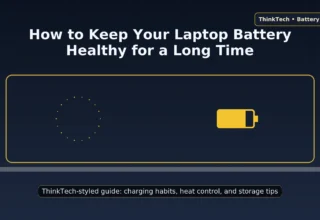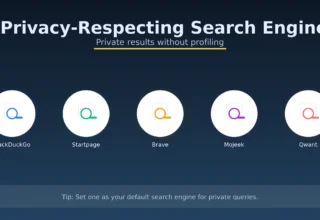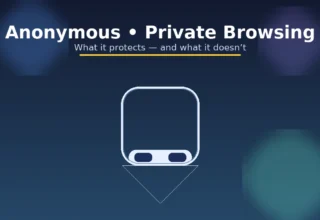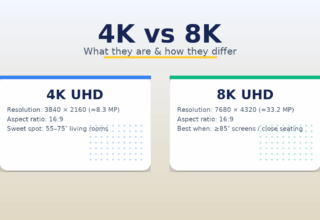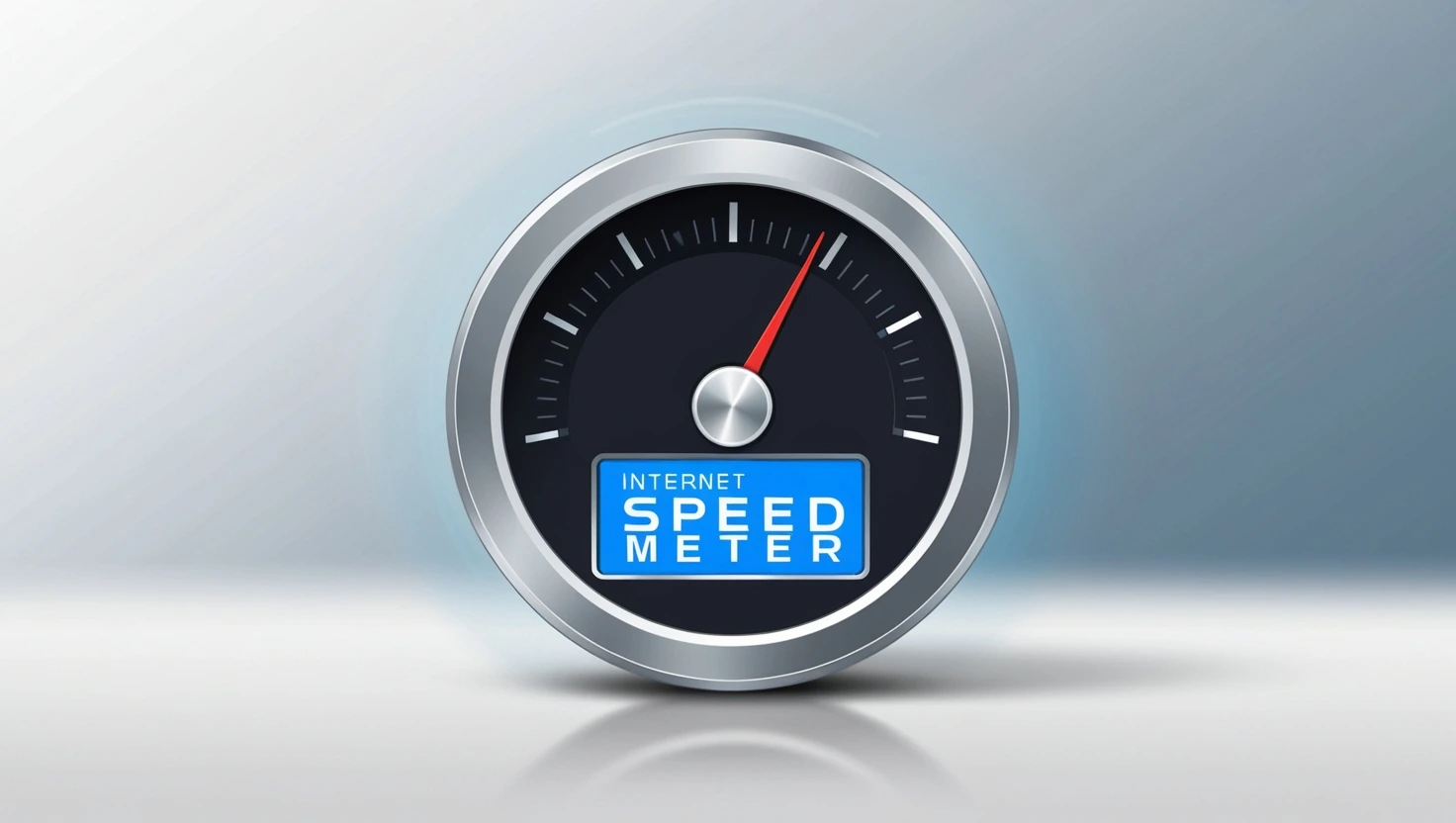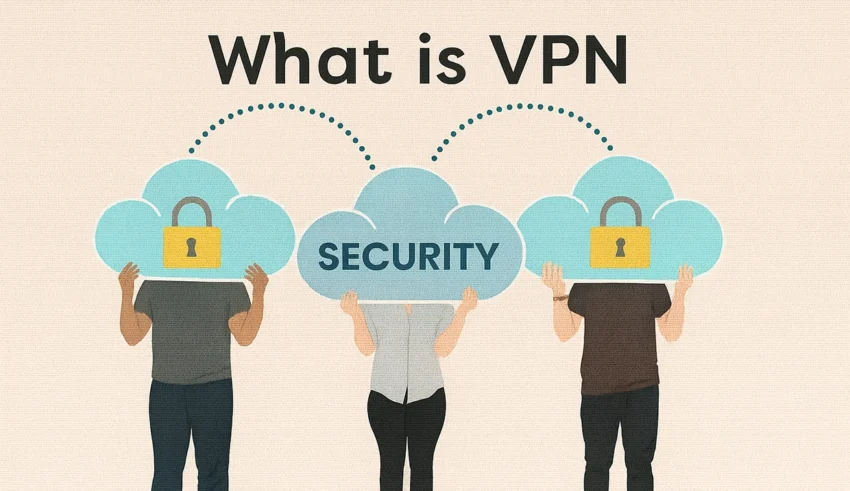
In today’s digital world, privacy and security on the internet are major challenges for users. This is where a VPN comes in — a service-based tool that ensures anonymity and protects our data while we browse the web. If you are wondering what is VPN and whether you need one, this guide explains what it is, how it works, and the benefits it offers.
What is VPN (Definition)
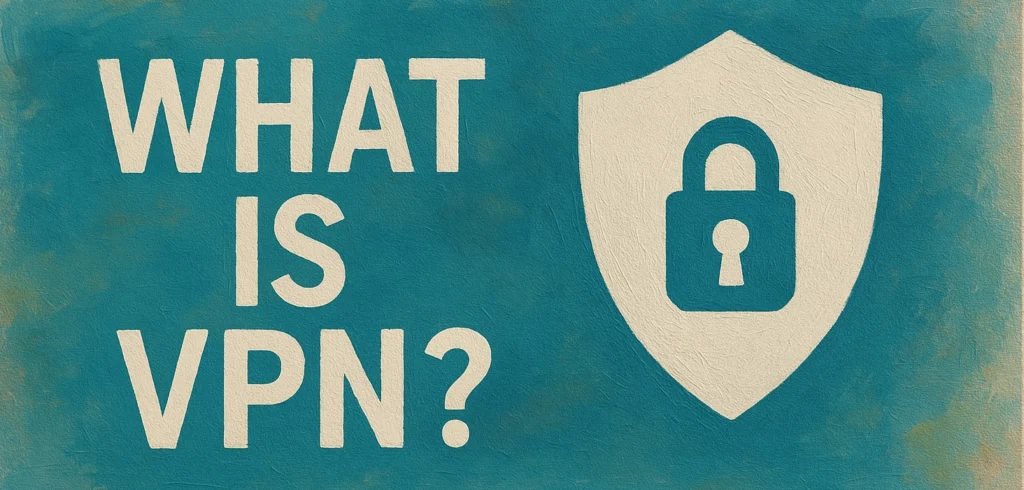
A Virtual Private Network (VPN) is a technology that creates a secure connection between your computer (or another device) and a remote server, allowing you to browse the internet with encrypted data. This connection helps anonymise your activity and protects you from malicious attacks (spam emails, data interception, cyberattacks) and prying eyes.
How a VPN works
When you use a VPN, the data sent from and received by your device is encrypted, creating a secure “tunnel” between the device and the VPN server. Even if someone tries to intercept your connection, the data will be encrypted and very difficult to read.
Once the data reaches the VPN server, it is forwarded to the wider internet using the server’s IP address, making your real IP address invisible.
Pro Tip: Incognito mode doesn’t hide activity from ISPs or workplace networks. Pair your VPN with strong browser privacy settings.
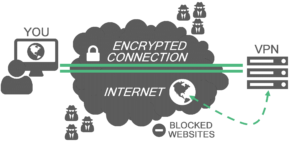
Key benefits of a VPN
- Security: A key advantage is protecting your data. Especially on public Wi-Fi in cafés or airports, a VPN helps ensure your connection cannot be easily compromised.
- Anonymous browsing: Your real IP address is replaced with that of the VPN server, making your browsing more anonymous. Websites you visit cannot easily identify you, improving privacy.
- Access to geo-restricted content: Many websites and services — such as streaming platforms — limit content by location. With a VPN, you can “change” location by connecting to servers in other countries and access content otherwise unavailable in your region.
- Bypassing internet censorship: In some countries, access to specific websites or services is restricted by governments or ISPs. A VPN helps you bypass such restrictions and reach the wider internet.
- Prevention of tracking: ISPs and other third parties cannot easily monitor your online activity when a VPN is enabled. This is important where companies track browsing habits for advertising and other purposes.
Types of VPN
- Personal VPN: Used by individuals to protect privacy, bypass geographic restrictions, or browse safely on public networks.
- Corporate VPN: Used by companies to let employees securely connect to internal networks from remote locations — particularly useful for remote work.
- Site-to-Site VPN: Connects two or more networks (usually corporate) to each other, providing secure, encrypted communication.
Is using a VPN legal?
In most countries, using a VPN is entirely legal. However, in some places with strict internet censorship — such as China or Russia — VPN use may be restricted or illegal. It is important to verify local laws before using a VPN service.
Legal note: VPNs are legal in most countries but may be restricted or regulated in some jurisdictions. Check your local laws before use.
Which service should I choose?

A quick search reveals many VPN services with various plans and limitations — for example, download data caps or speed throttling after a certain limit. In every case, read the terms carefully and understand exactly what the service you plan to buy (or use for free) offers.
Recommendation
A very reliable VPN service that I use is NordVPN. It is a pioneer in the VPN space, offering fast servers across its network and strong reliability in security and connection stability.
The NordVPN platform provides top-tier encryption, which means your connection is always secure and private. The company follows a strict no-logs policy: it neither collects nor records your online activity or personal details, such as your IP address.
The pricing is highly competitive compared to similar services. At the time of writing, there is an offer as low as €3.09/month with a two-year plan and 3 extra months included.
You can use the same subscription on up to ten different devices without limitation.
Anonymity and security everywhere — it is worth trying. With a single subscription, it can cover the needs of a whole family or a small workplace. You can review all subscription plans on the provider’s website.
Conclusion
A VPN is a powerful tool for protecting privacy and security online, while also enabling access to geo-restricted content and shielding you from tracking. As the digital world grows rapidly, using such a service is a simple and effective way to retain control of your personal data and browse the internet safely.
